Bees at ACTEGA
Fascinating and busy helpers
Bees play an important role in our ecosystem. In their search for sweet nectar, they carry pollen from flower to flower. During this process, they pollinate the female flower organ and thus enable the reproduction of various plants.
Bees and other pollinators ensure that our world of plants continues to exist and that its diversity is preserved. These plants then in turn serve as a shelter or food source for numerous species.
Bees are also important for us humans. Without them, we would have to do without honey, but also without many flowers and vitamin-rich foods, such as fruit.
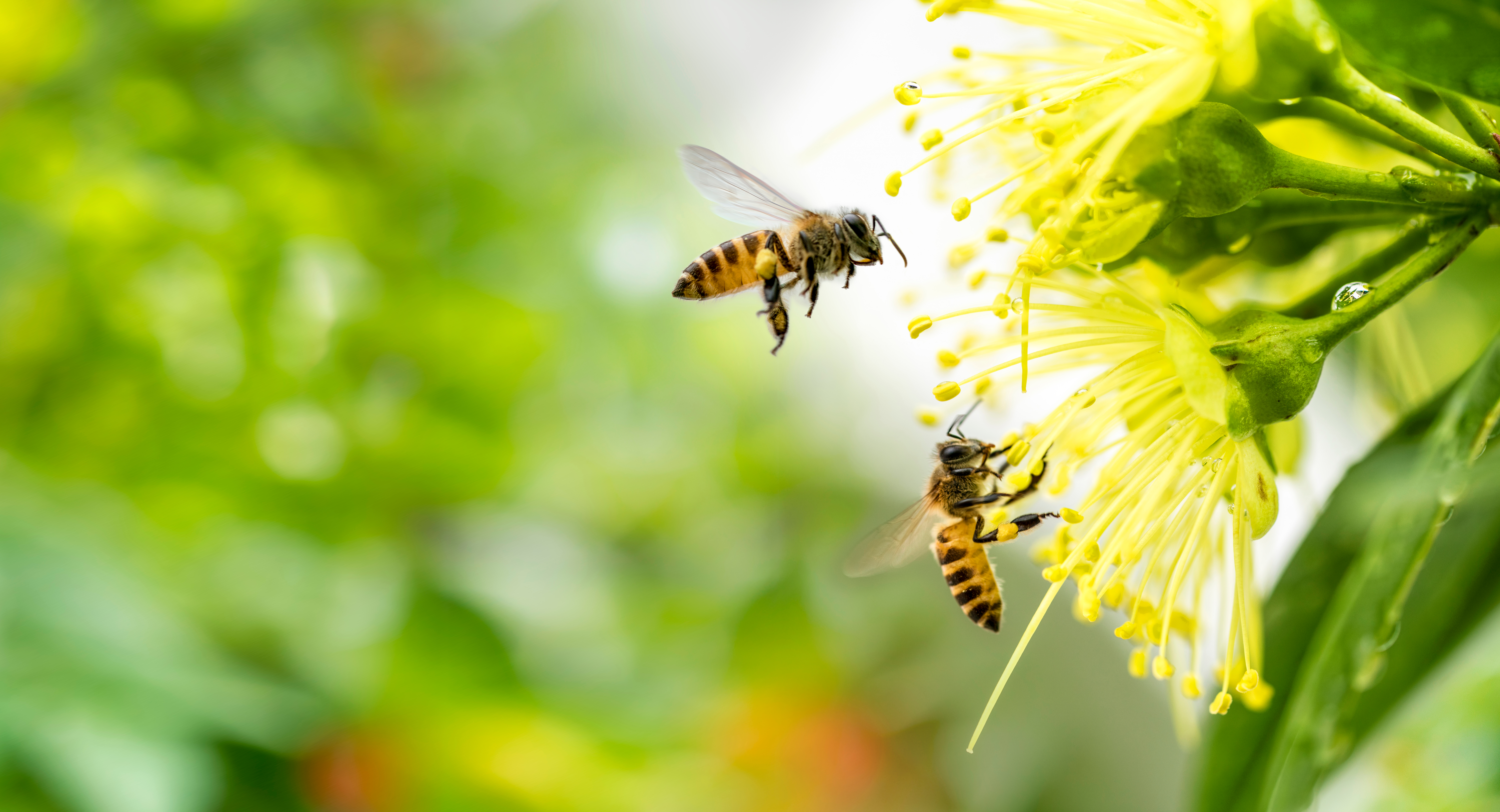
All the more alarming is the fact that both the number and diversity of bees are declining worldwide. One reason for this is intensive agriculture and the associated destruction of habitats.
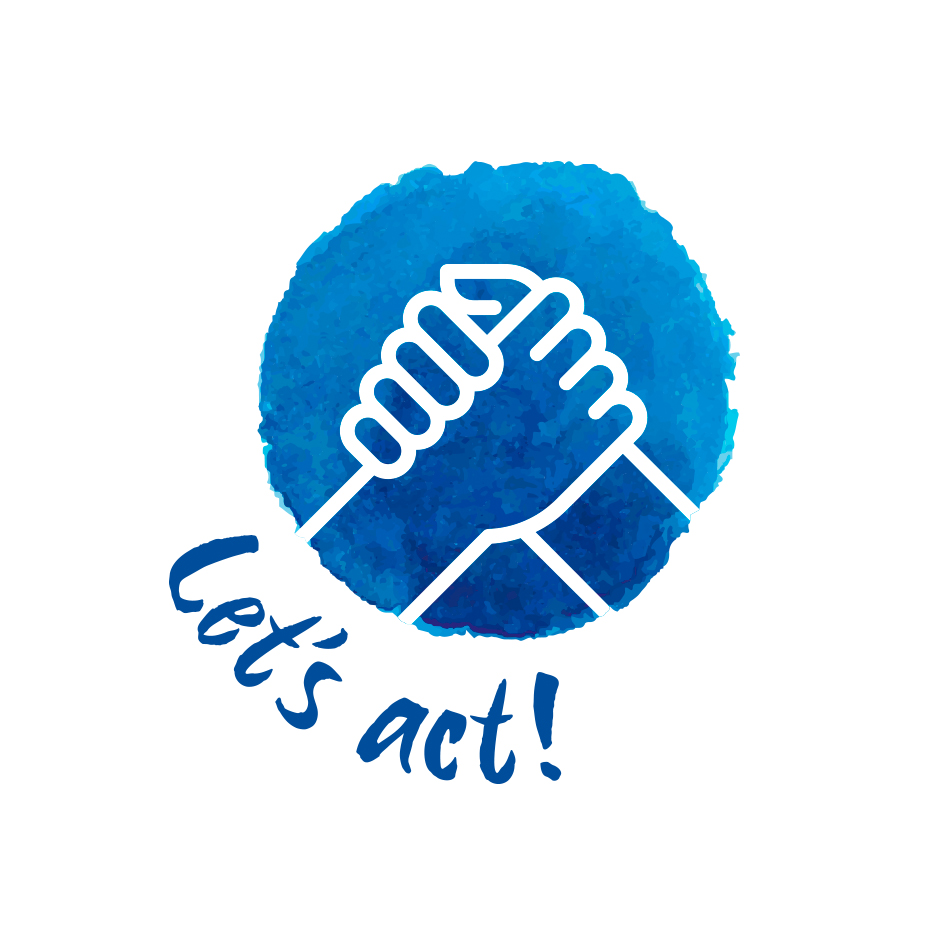
LET’S ACT!
It's good to know that there are people who care about bees. At the ACTEGA site in Lehrte, Germany, two employees take care of six bee colonies as experienced beekeepers. On a neighboring meadow orchard, they ensure the safety and health of these animals and control the brood.
Of course, the corresponding honey is also extracted here.
Bee facts at ACTEGA
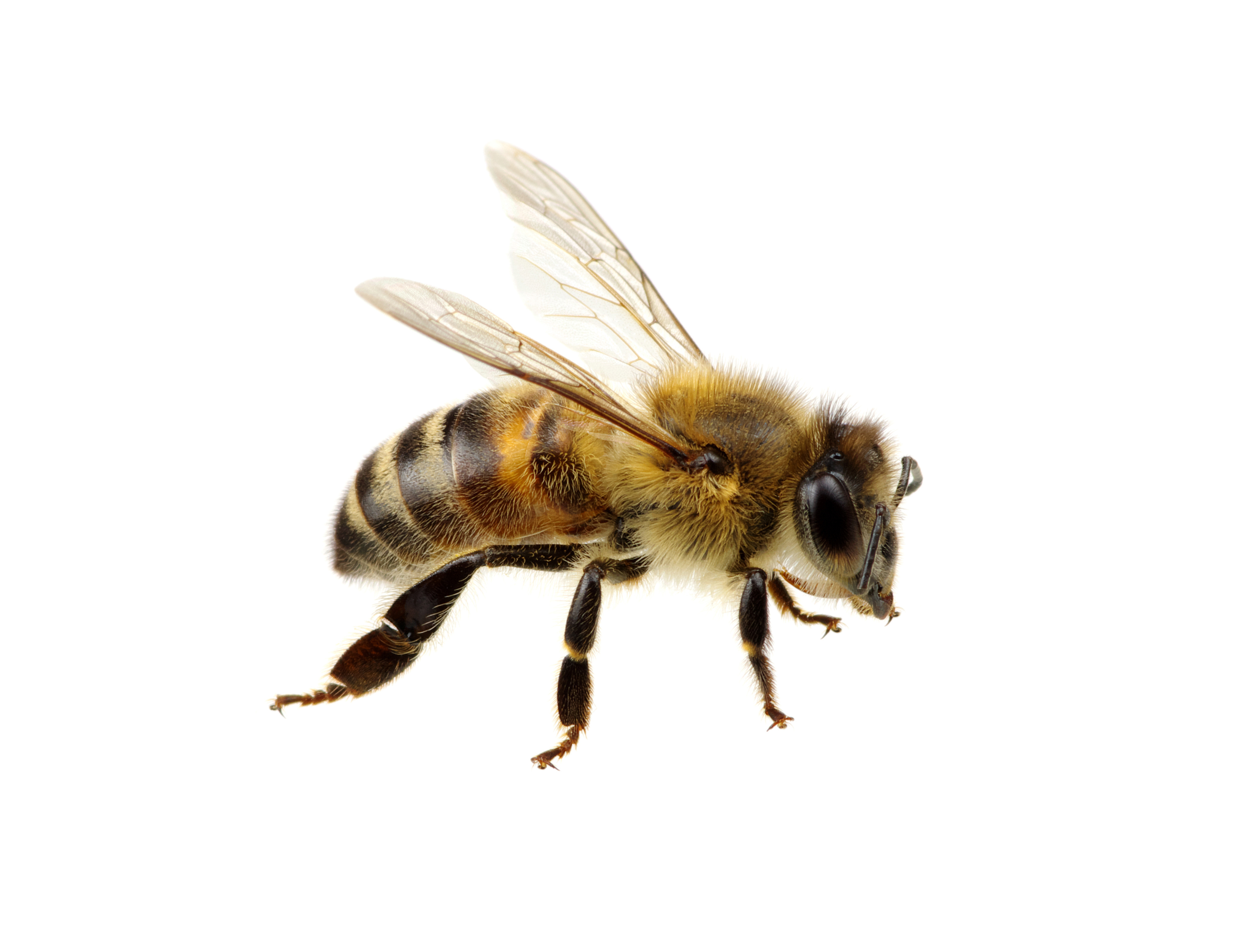
- 6 bee colonies
- Approx. 30,000 bees per colony
- Up to 2,000 eggs from the queen bee per day
- Approx. 8,000 kilometers flown per bee
- Approx. 100 mg of honey produced per bee
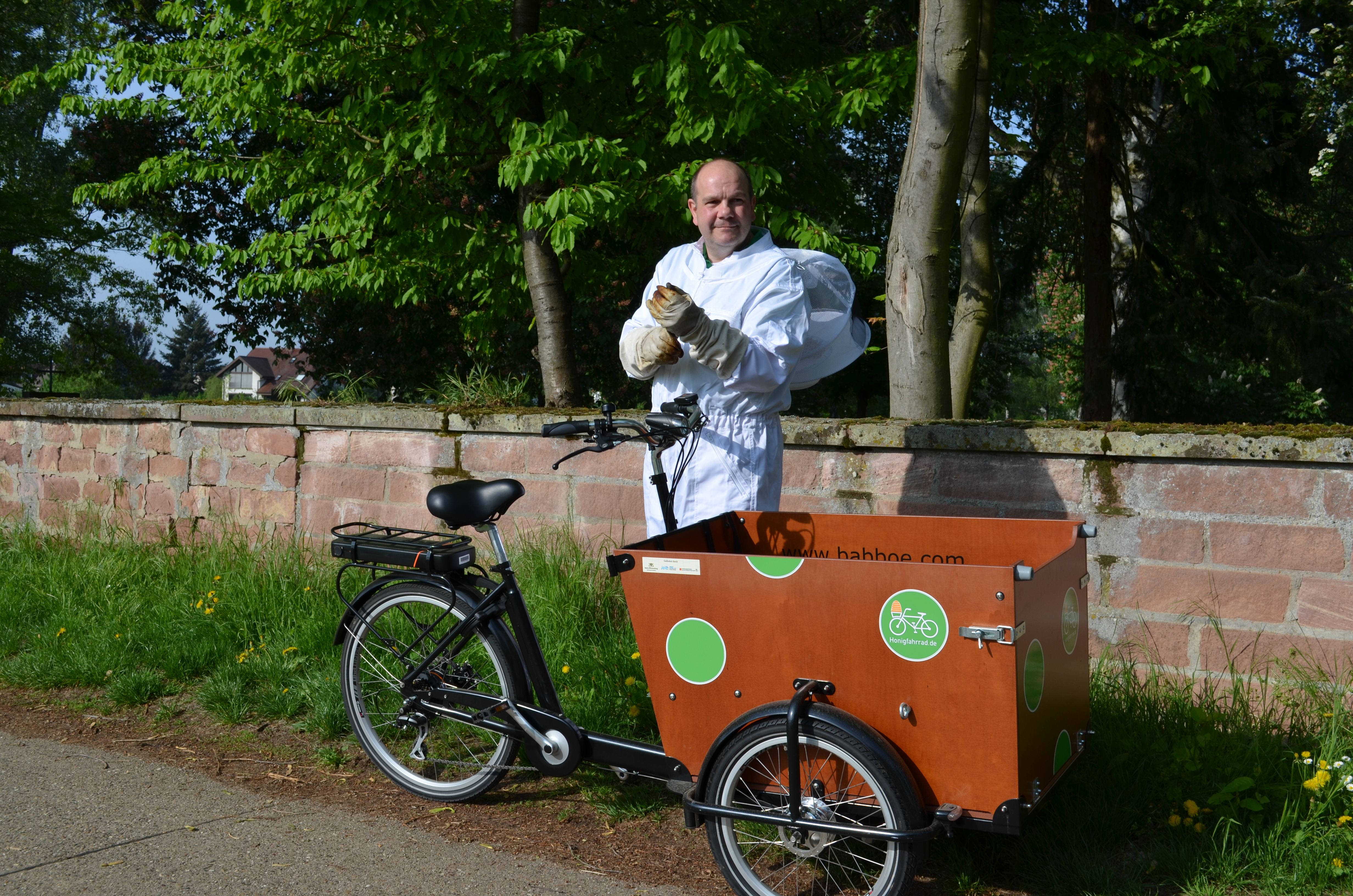
Our Beekeepers
Dr. Matthias Schlörholz from ECOLEAF's Research & Development has been a hobby beekeeper of around ten bee colonies for eight years. In his regionally oriented apiary, he harvests natural honeys with a variety of flavors and takes care to operate as sustainably as possible. To this purpose, he founded the platform honigfahrrad.de, on which more than 70 beekeepers throughout Germany offer an ecological delivery service by bicycle. Dr. Schlörholz is also the author of a book on beeswax, in which he combines beekeeping experience with natural science.
Dr. Maximilian von Tapavicza, Head of Competence Center & Application Development at ECOLEAF, was introduced to bees and honey by his mother, who has been a beekeeper for more than 15 years. The family keeps around 18 colonies of bees at five to six changing locations. The focus, in addition to regionality, is on a strong synergy with sustainable agriculture, with bee colonies contributing to the pollination of orchards. In addition, young beekeepers are supported with bee colonies and the necessary know-how, which also helps to expand the local beekeeping community.
The Honey
The blossom honey extracted at ACTEGA in Lehrte tastes very mild and is already crystallized to a spreading tenderness. It is spun cold and stirred before bottling so that it remains particularly creamy.
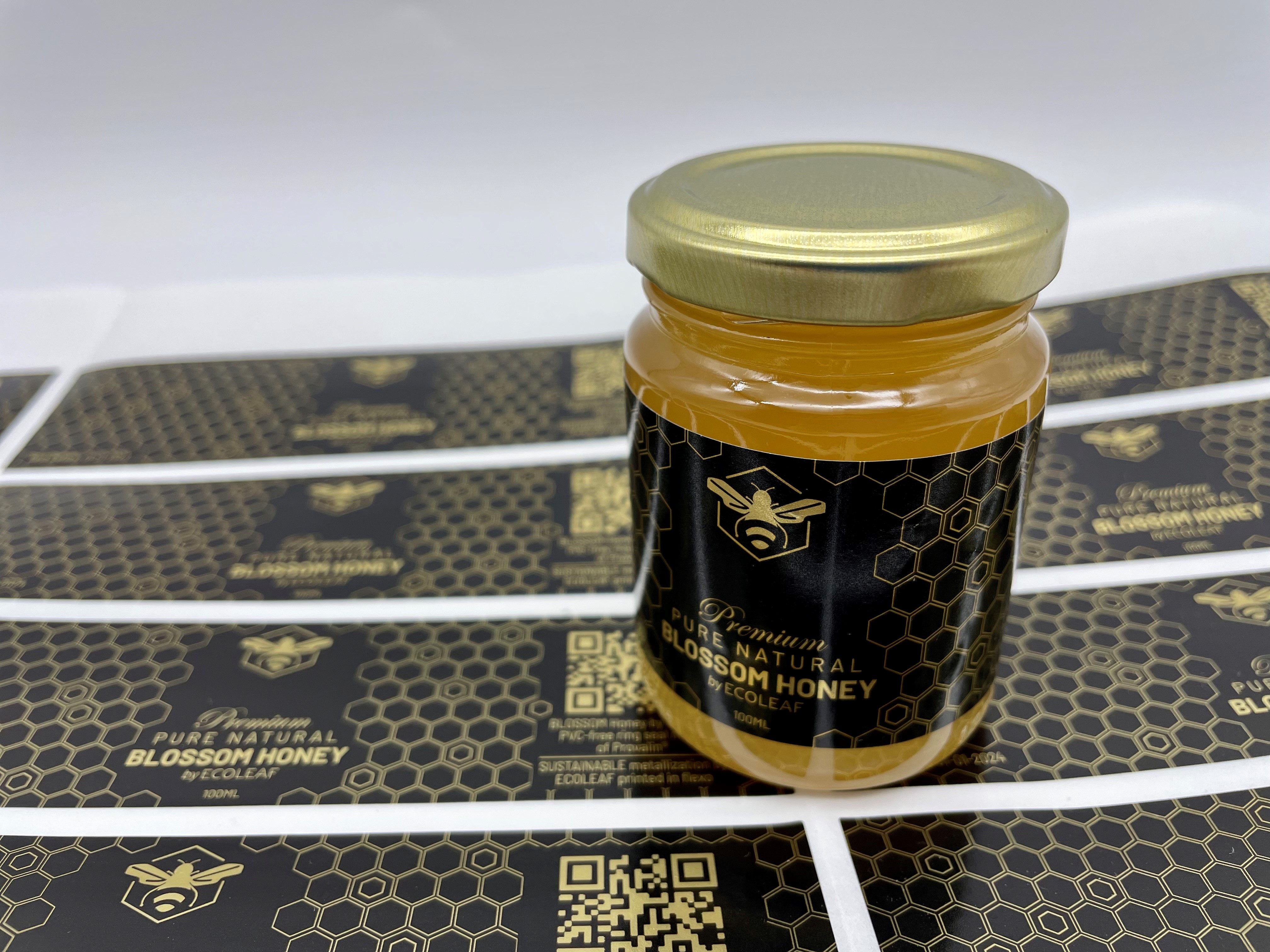
If you would like to learn more about the bees at ACTEGA, please contact us.